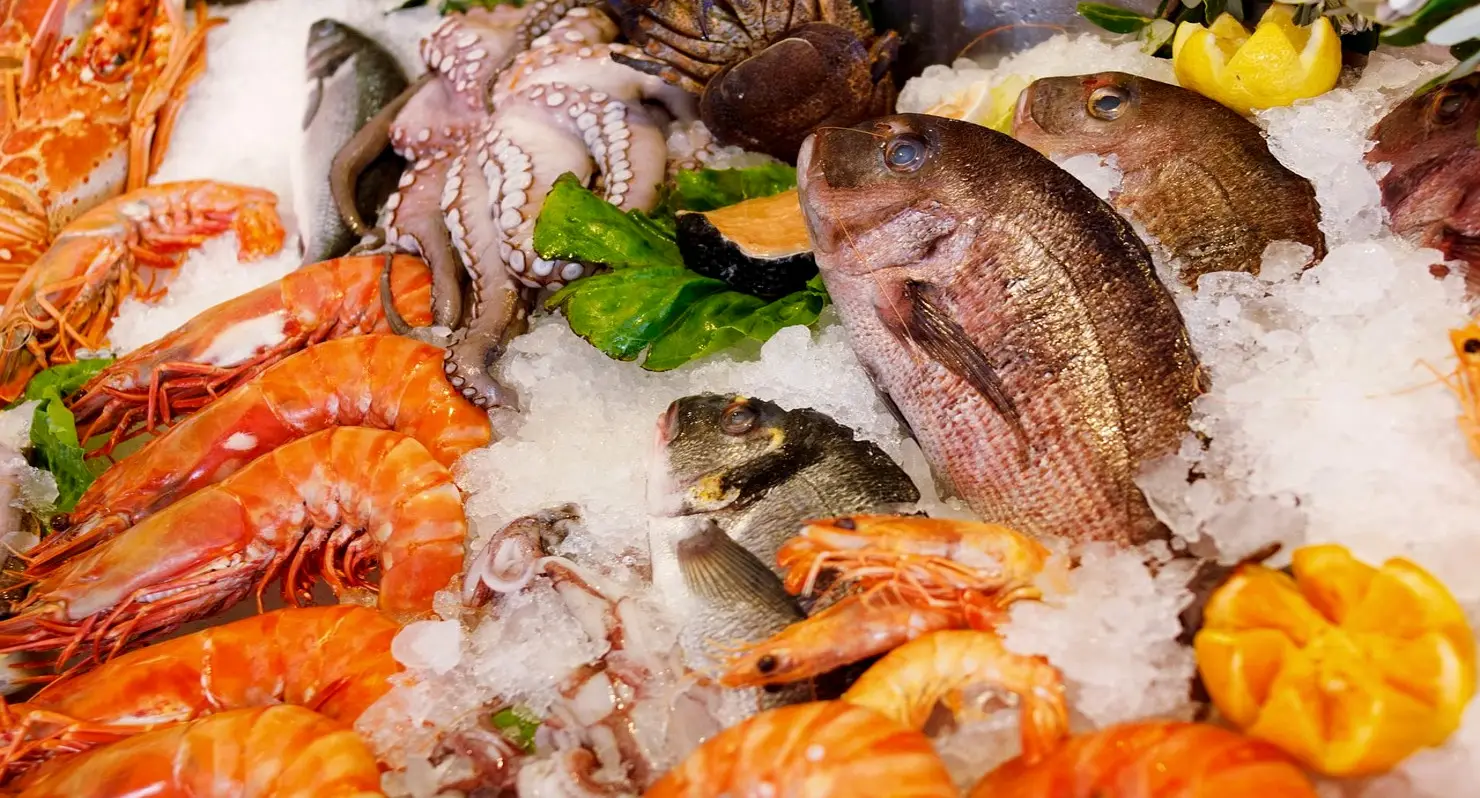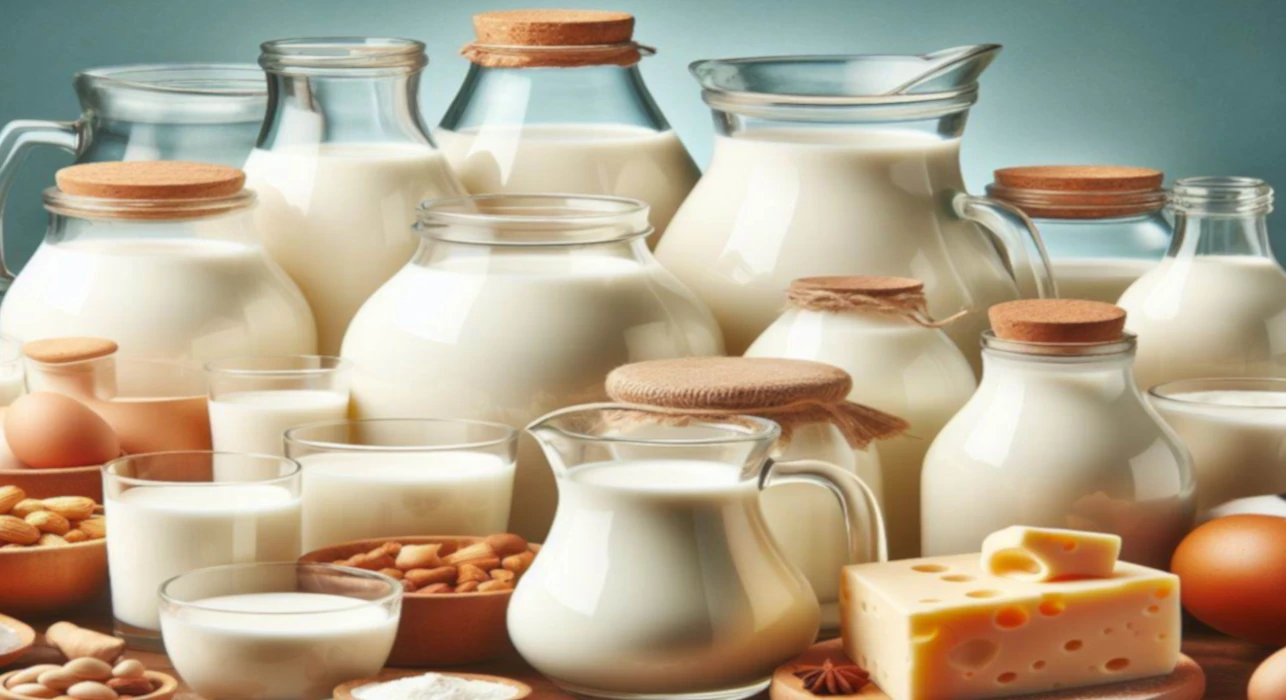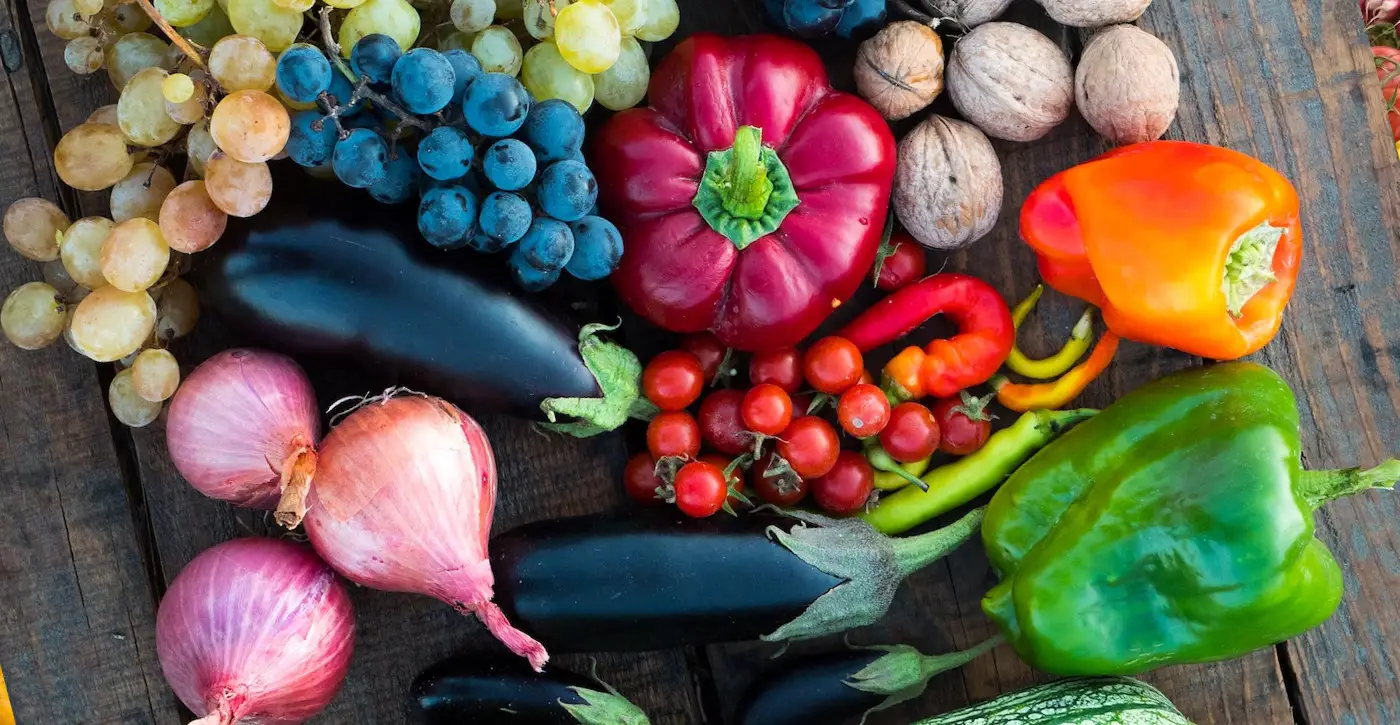Scallops Lysine and Arginine Info Sheet
Overview
Scallops are a type of shellfish that have a soft, fleshy texture and a sweet, delicate flavor.They are usually cooked by searing, baking, or grilling.
Scallops are rich in protein, vitamin B12, selenium, and iodine.
They are low in fat and calories, but high in cholesterol. They may also contain contaminants such as mercury or bacteria, so they should be consumed in moderation and cooked thoroughly.
| Name | Lysine (mg/100g) | Arginine (mg/100g) | Ratio |
|---|---|---|---|
| Scallops | 1247mg | 1224mg | 1.019 |
Scallops contains 1247mg of Lysine and 1224mg of Arginine per 100g of product.
This means Scallops has a neutral Lysine-Arginine ratio of 1.019.
Because Scallops has a neutral ratio of lysine and arginine, it does not have a significant impact on people who suffer from herpes, as it does not affect the viral activity.
Lysine Considerations
Scallops are a good source of lysine, an essential amino acid that is important for collagen synthesis, immune function, and calcium absorption.
Lysine also helps prevent cold sores and herpes outbreaks.
Lysine has the potential to prevent or treat cold sores, which are blisters caused by the HSV-1 virus, also known as herpes.
Lysine operates by slowing down the proliferation of HSV-1, which relies on another amino acid, arginine, to reproduce and infect cells.
Lysine can only be acquired through our diet, and is present in many high-protein foods such as eggs, milk and cheese, fish, meat and poultry.
Arginine Considerations
Scallops are also a good source of arginine, another essential amino acid that is involved in nitric oxide production, wound healing, and blood vessel dilation.
Arginine may also improve erectile function, blood pressure, and cardiovascular health.
Arginine has multiple functions in the body, including wound healing, helping the kidneys remove waste products from the body, and maintaining immune and hormone function.
Arginine also plays a role in the replication of the herpes virus, making it a key factor in cold sore outbreaks.
The herpes virus requires arginine to grow, replicate, and create new herpes viruses.
Foods a good source of arginine, such as nuts and chocolate, may increase the frequency and severity of these outbreaks.
Lysine-Arginine Ratio
Scallops have a balanced lysine-arginine ratio, which means they do not favor either amino acid over the other.
This may be beneficial for people who have herpes, as a high arginine intake may trigger outbreaks, while a high lysine intake may suppress them.
The herpes simplex virus, which causes oral and genital herpes, needs arginine to multiply and infect cells.
Lysine, on the other hand, can interfere with the absorption of arginine in the intestine, and thus limit the availability of arginine for the virus.
By eating a diet higher in lysine than arginine, one may be able to prevent or treat herpes flare-ups.
Foods that have a high lysine-arginine ratio include dairy, fish, poultry, fruits, and vegetables.
These foods can supply the body with sufficient lysine to compete with arginine and inhibit the virus from replicating and causing outbreaks.
Dietary Considerations
Like most animal products, seafood is abundant in lysine and low in arginine.
Eating seafood can help benefit the immune system and fight off herpes infections.
Seafood also contains iodine, selenium, and zinc, which are essential for thyroid function and skin health.
Oysters, shrimp, and snails are some of the seafood that have the highest lysine to arginine ratio.

For example:
A well-balanced and healthy diet that strengthens your immune system and lowers inflammation is important.
This means you should eat a lot of fruits, vegetables, whole grains, lean protein, and good fats, and avoid processed foods, added sugars, alcohol, and caffeine.
Make sure to drink plenty of water to keep yourself hydrated and eliminate toxins from your body.
Water can also help you avoid dryness and irritation of the skin and mucous membranes, which can lead to outbreaks.
L-lysine supplementscan help you prevent herpes outbreaks and stop a cold sore before it develops by depriving the virus of arginine, which it needs to form a cold sore.
Taking other food supplements that can improve your immunity and protect your cells from oxidative stress, such as vitamin C, zinc, selenium, and antioxidants.
To prevent outbreaks, avoid foods that can cause allergic reactions or sensitivities, such as gluten, dairy, nuts, eggs, or shellfish.
These foods can harm your immune system and make inflammation worse.
Check more food information






